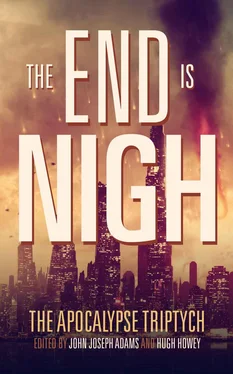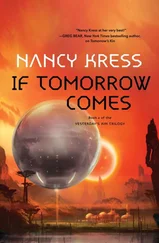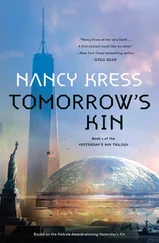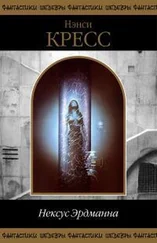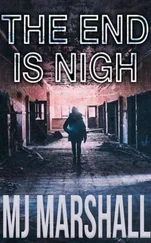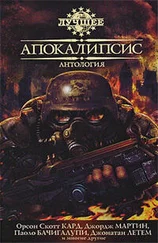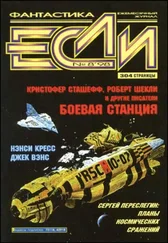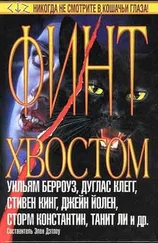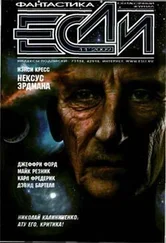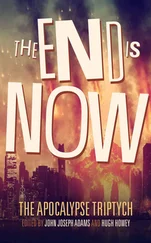Dad stared out the side window, watching the street lights pass like they were the most fascinating things in the world.
It was past time to put him in a home, but Johnny just couldn’t bring himself to do it. He was having such a ball, running his drive-in. It was killing Johnny, though, getting home at one in the morning, then his alarm going off at six.
And the place was bleeding money.
“How much did we gross tonight? Forty-something dollars?” Johnny asked.
“Something like that.”
Johnny waited for his dad to offer some excuse, some airy-fairy optimistic spin on the two of them working their asses off for forty-three bucks, minus utilities, minus the film rental fee, minus taxes, minus gas, minus five hundred and sixty-three dollars a month in interest on the loan.
“If this virus thing gets any worse, people will stop going to the indoor theaters, cause they’ll be afraid of the germs. They’ll start coming to the drive-in instead.”
“The virus is in Wilkes-Barre . If it gets any worse, people will have it, and they won’t be able to go anywhere.” The thought sent an electric dread through Johnny. “Come on, Dad. We gave it a good try. It’s just not working.”
Even if he could convince his dad to sell the drive-in, who would buy it? Especially now. Maybe after the virus scare blew over he could at least get three thousand an acre for the land and pay off part of the loan. He’d have to use his savings to pay off the rest, which meant his new, post-rock star dream—opening up his own bar and grill—was never going to happen.
Johnny cruised to a stop at a red light at Aker Street, waiting, silently beseeching his father to see through the fog in his brain and agree it was time to put this business out of its misery.
“First movie I ever saw there was a monster flick. Them , it was called. Giant ants. I don’t remember the second feature. They put real butter in the popcorn then.”
Johnny felt like he needed to scream. “Yeah, yeah. Everything was great, back in the old days.”
This time Dad caught the sarcasm. He looked at Johnny. “You know why I keep saying things were better back then? Because they were. That’s the thing. Things really were better.”
“I’ll give you that, Dad. Back then, they gave you a pension. Health insurance. You got paid a decent salary. How much were you pulling down, your last year at the Goodyear plant? Fifty-five? That’s seventeen grand more than I make now .” Johnny slapped the steering wheel so hard his palm stung. He was forty-one years old, and even getting promoted to manager of Burger King was out of reach, because he didn’t have a college degree. “‘Would you like to get a large for only fifty cents more?’ I’m so sick of saying that, Dad. You have no idea how sick I am of saying that.”
Johnny took a deep breath. He shouldn’t be talking to his dad like this, but he was tired and angry. And scared. “I’m sorry, Dad.” He touched his Dad’s shoulder. “You never raised your voice to me. Never once, the whole time I was growing up. I’ve got no right to raise my voice to you.”
Around the curve, in front of the old brick schoolhouse—which was now a plumbing supply warehouse—red lights were flashing. Two police cars and an ambulance were parked beside a Taurus wrapped around a telephone pole.
Johnny slowed to a crawl as they passed. The driver was still in the car. “That’s Arnie Marino. He works at the post office.”
Paramedics were easing him out from behind the wheel. His nose was bloody, and it looked like he was resisting them, trying to stay in the car.
Johnny realized he wasn’t fighting them, he was jerking, having a seizure.
“Poor bastard,” Johnny said under his breath. He sped up, knowing if he watched any longer he’d look like a rubbernecker, not someone slowing down in the name of safety.
The poor guy. He’d been jerking like a puppet on strings, almost like—
Johnny missed their turn. His hands felt numb on the wheel, like blocks of wood.
Arnie Marino’s head, especially, had been jerking up and down. Nodding.
Johnny took a big breath, tried to relax as he took the next left to double back around. It could have just been a seizure. Or there were other things that would look the same as the virus.
Of course there was also no reason to think it wasn’t the nodding virus. It was out there, and it was still spreading. He glanced at his dad, but he seemed like he’d already forgotten the accident.
• • • •
That evening, back at home, Johnny heard the sounds of sirens warbling and howling outside, some far away, some nearby. As they grew more persistent through the night, Johnny felt certain the virus must have hit their town.
He turned on the TV in his room, the screen taking forever to warm from black to an image of the CNN newsroom, where a blonde news anchor was talking beside a virtual map of the United States. There were at least fifty red dots glowing on the map. Most were in Florida, but a few ran up the coast, a few were out west, and there was a cluster nowhere near the rest, in Pennsylvania. One looked like it was right where Johnny was standing.
He turned the sound up until it was blaring, watched images of soldiers jumping from the backs of camouflage brown trucks, setting up roadblocks. Pulse pounding in his hands and feet, his tongue and his balls, he heard the word “quarantine,” but had trouble understanding most of what came from the news anchor’s red lips. Her words couldn’t compete with the terror trumpeting in Johnny’s head.
A bang on the front door made him jump. Johnny glanced at the clock (3:13 a.m.), pulled on sweats and headed downstairs.
Dad was up, looking bewildered.
“What’s going on?” Dad asked.
“I don’t know.”
It was Kelly Cramer from across the street—Leon and Patty’s daughter—who’d dropped out of community college and moved back home. Her breath was coming in big, frantic gasps. “My folks. I think—” She let the thought go. “Help me.”
Johnny pushed on his sneakers without tying them and followed Kelly across the street as a voice in his head screamed, This is not good .
Leon and Patty were in bed, the blanket pulled up to their necks. Both were nodding, their chins rising and falling. Beneath the blanket their toes were trembling. Leon was making a choking, strangled sound.
The worst thing was their eyes. They were clear and focused, moist with fear, following Johnny as he moved.
Johnny’s knees turned to jelly. “Call nine-one-one,” he said, his lips numb.
“They said they can’t do anything. There are too many. The hospital in Framington is full, and they can’t move anyone out of the quarantined zone.”
It couldn’t be.
It could, though; of course it could. Wilkes-Barre was barely forty miles away.
“We need to get out of this room,” Johnny said, backing up a step. “Out of this house.”
“ Help them ,” Kelly said. “There’s got to be something we can do.”
Johnny took another step backward. Another. “You know there’s not. We need to get out of here. Right now .” He took off down the stairs and outside, his loose sneakers slapping his heels, adrenaline pushing him to run faster.
When he reached his door and turned, Kelly was on her front lawn.
“I can’t just leave them. What do I do?”
“It doesn’t help them if we get it, too,” Johnny said, holding the door half-open. He didn’t want to be near Kelly, let alone her parents, but he felt bad closing the door in her face. She was only twenty-two or twenty-three, just a big kid, and she had nobody to help her. At least, he didn’t think she did.
Читать дальше
